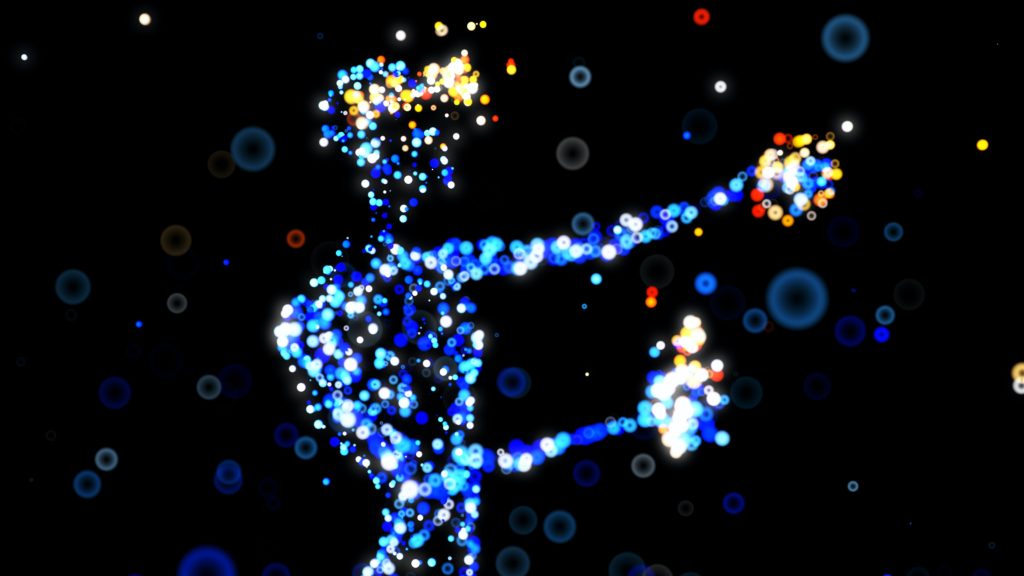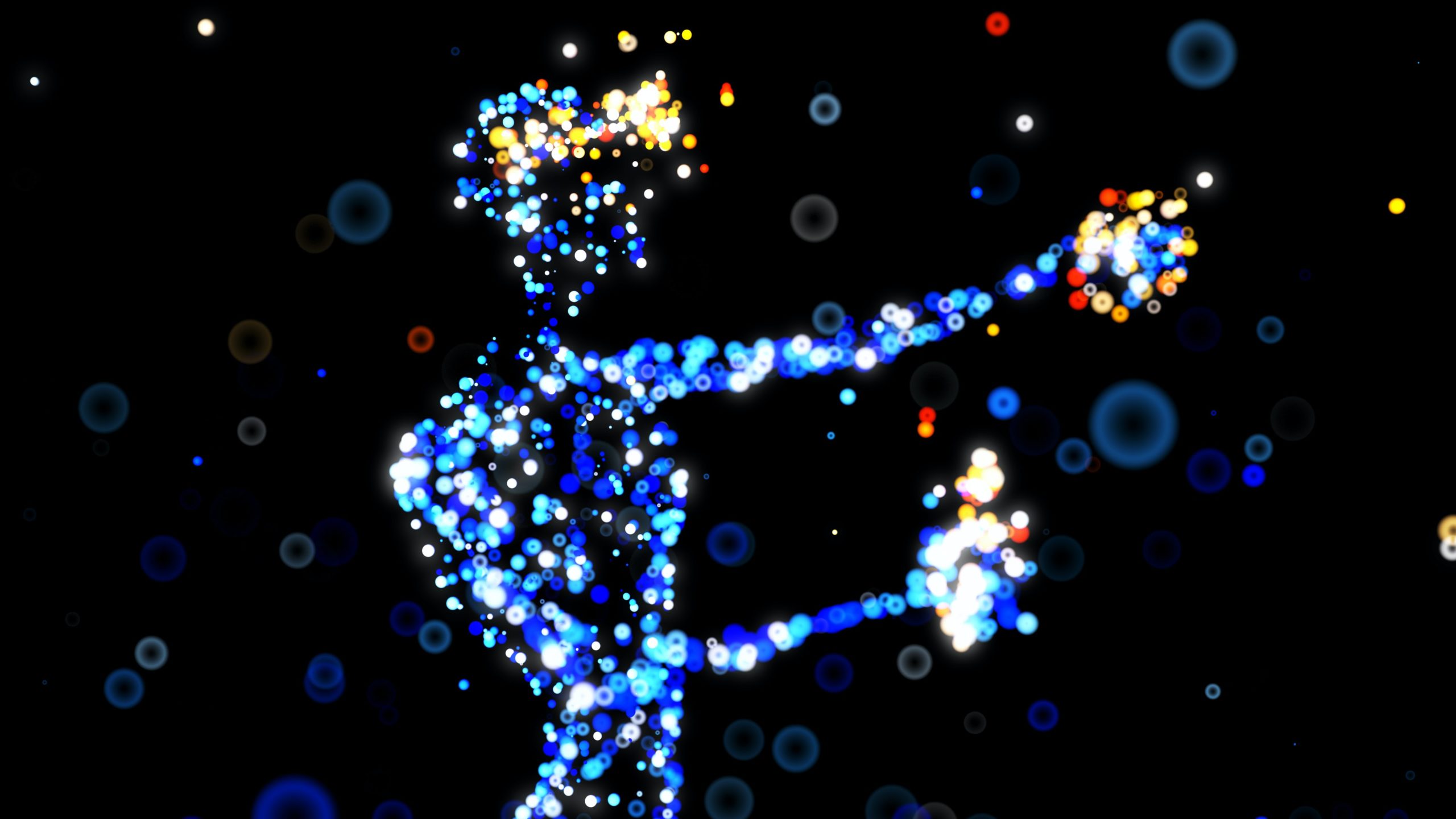For the last year, something known as the Metaverse has been on all of the internet’s collective minds. Perhaps that’s hyperbole, but this has been a hot topic in recent months. What mainly prompted it was Mark Zuckerberg, its billionaire founder of the company formerly known as Facebook. Today the company is now called Meta Platforms, or Meta. Mark Zuckerberg is completely sold on the idea of the Metaverse and is, in fact, gambling Facebook’s future on it.

What Is the Metaverse?
For those who haven’t been listening or considered it to be too complicated, what is the Metaverse? The Metaverse could best be described as a shared virtual space where our real life and physical worlds intersect with the virtual world on the internet. If you have seen the movie Ready Player One, you can probably imagine what format such a scenario could emerge. The whole premise of the Metaverse started with gaming, with characters or avatars having the ability to walk around in open worlds and interact, similar to how we do in real life. The idea is to conduct our favourite activities digitally, such as broadway shows, participate in innovative live roulette tables or attend your favourite live concert.
The Metaverse should probably be the natural move considering how we live our current lives, at least those in western, more modern societies. However, as technology has progressed, so have the ambitions for the Metaverse. We can transition parts of our life to the Metaverse with the technology we may soon possess.
How Are We Transitioning
A large portion of our time is spent on the internet. We do all our banking and pay the bills on the internet. We interact with our friends and family online, take and post pictures on Instagram, send out our thoughts on Twitter, and do this while continuing to read our digital newspaper. This transition has been one of the so-called “conspiracies” on the Metaverse. This transition suggests that we are not about to enter the Metaverse; we are already in it and have gradually entered it for the last several years. Considering how many of us are using our cell phones, computers, and other technological devices that connect to the web might hold some truth.
When Mark Zuckerberg explains the Metaverse, he describes it as an artificial world similar to the physical one we live in right now. You will supposedly travel within the metaverse universe seamlessly and efficiently soon. To go to different places would be with the click of a button.
For Meta (formerly Facebook), this is a big bet for the company, and it seems like their footing to embark on this journey is quite solid and has been for some time. The company acquired Oculus, the company that was one of the first on the market with VR (virtual reality) headsets in 2014. Oculus could play a big part in the metaverse journey as it would be a gateway into the world. Using a VR headset gives you a realistic POV of everything in the digital world.
During Mark Zuckerberg’s presentation of Meta, we get to have a closer look. If you haven’t seen it yet, you can find it easily online or on Facebook. The Metaverse concept would make us more inclusive and further improve the interconnectivity between us humans. One can certainly see how this would transition, especially when realising how significant portions of our life these last two years have been characterised by digital and virtual communications. Perhaps this is what we need after years of full and partial isolation from the rest of the world.
NFT and the Metaverse
Other things that have sparked interest around the ideas, potential, and theories about the Metaverse are NFTs. NFTs are another hot topic that took the internet by storm this year. NFTs or non-fungible tokens, if we use the full name, means something unique that cannot be replaced.
The NFT wave spread over the internet has been characterised by pictures, art, music, and other projects. All of these things have been published on the internet. These different NFTs are tied to the blockchain, so one can’t just copy someone else’s digital art, for instance, and claim it as theirs. The ownership is written in the blockchain code, making the NFT unique and non-fungible.
With this brief introduction to NFTs, you may wonder what it has to do with the Metaverse?
Great question. Many people have been speculating and planning for the Metaverse. NFTs would be another component that would be tagged on to the idea of transitioning your life online. The NFTs would be your digital art, the things you have claimed ownership of in the Metaverse, which hold real value. You can trade them with each other for money.

Final Word
As the title reads, is the Metaverse the final step of digitisation, or is it just the next one? I think neither. I believe that stepping into the Metaverse is starting a new path that will unlock brand-new things we haven’t considered before.
Calling it digitisation would probably be underplaying what is going to happen. I think coining a new, more inclusive term would be more accurate. In the meantime, I guess we have to enjoy the natural world while the Metaverse is still under construction.

